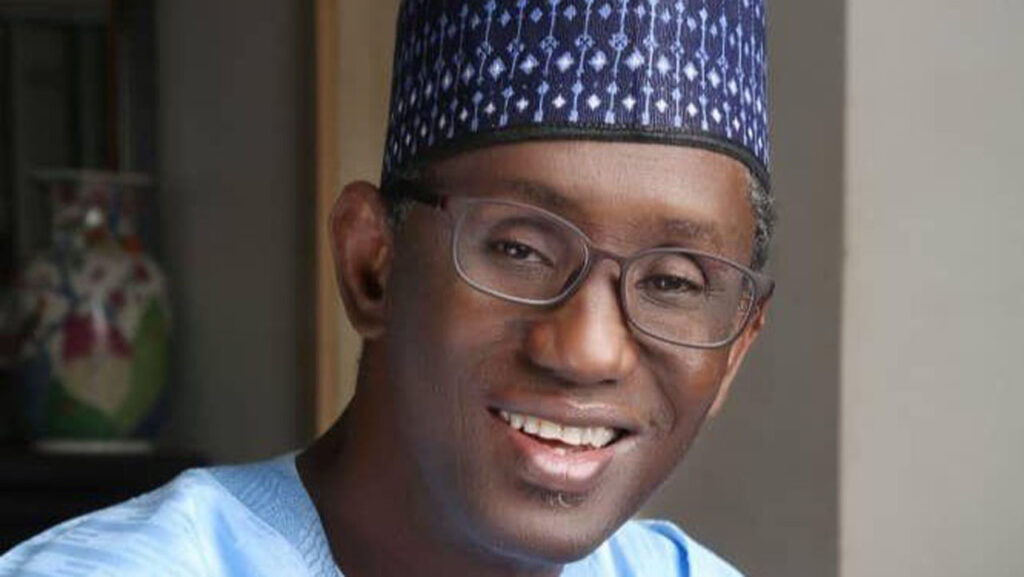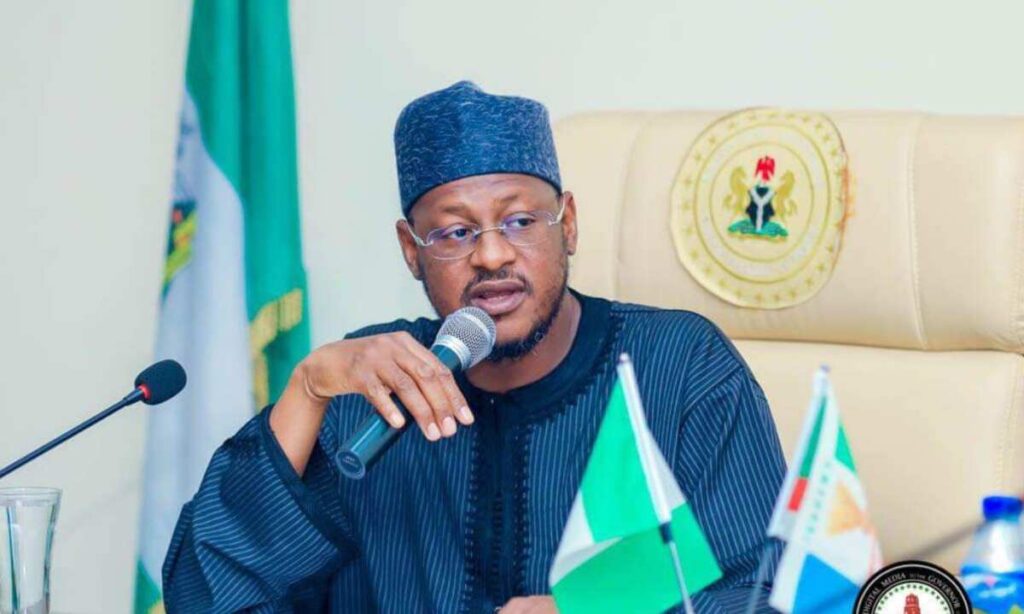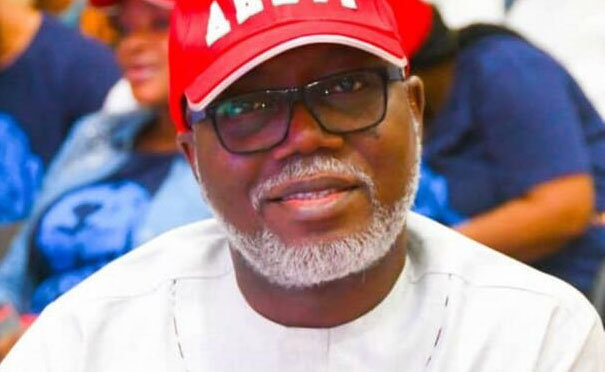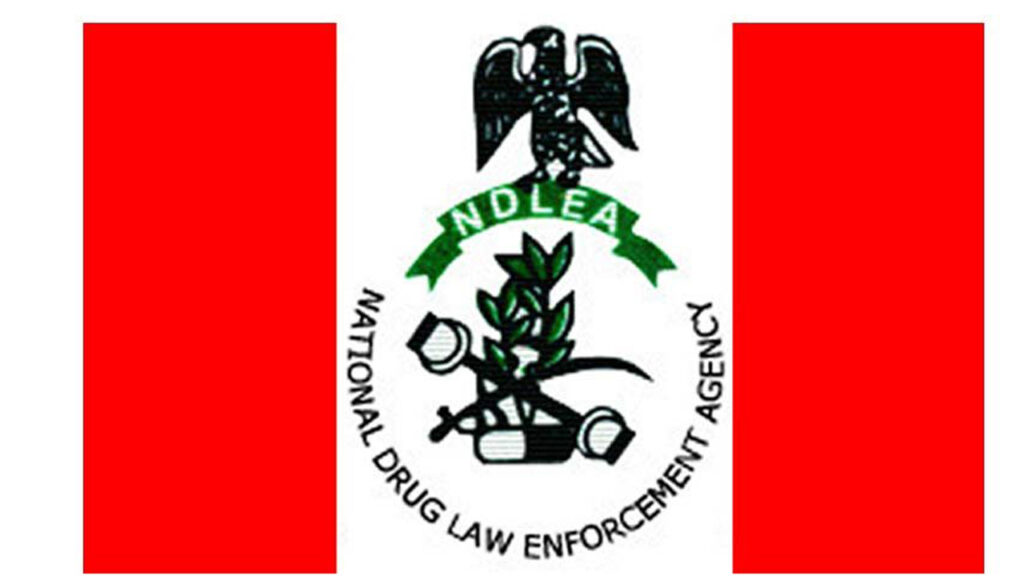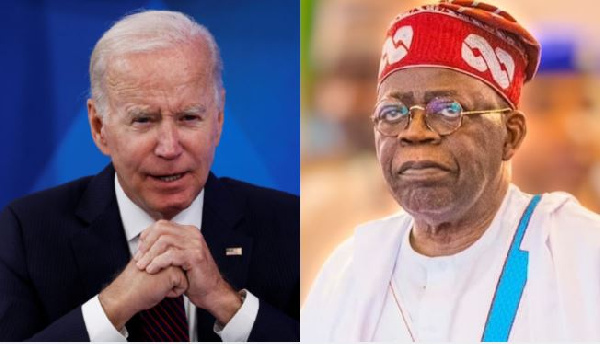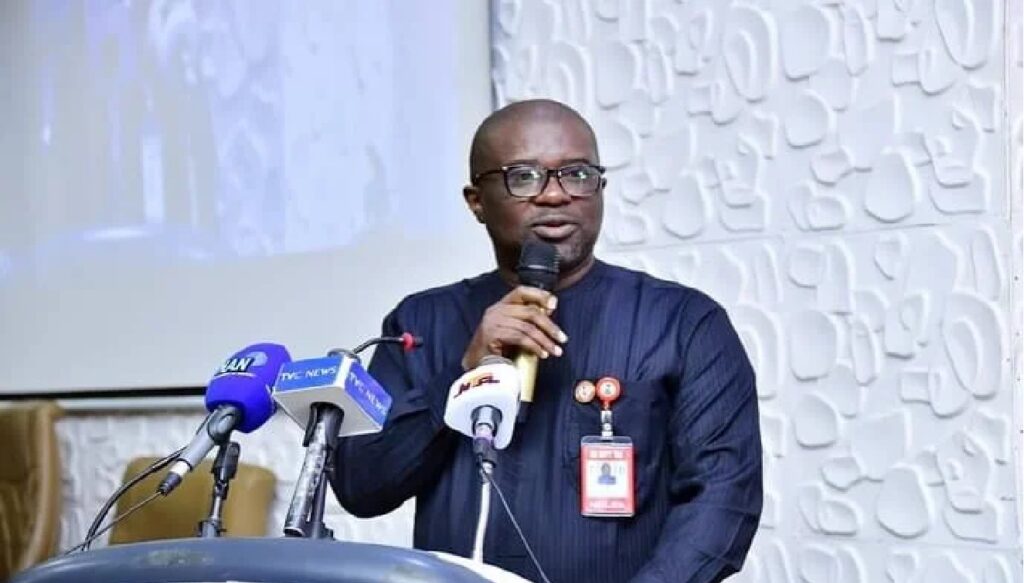
National Security Adviser, NSA, Mallam Nuhu Ribadu has called on anti-corruption agencies to invest more in measures that will ensure that corruption are prevented, assuring that president Bola Tinubu is committed to fight the menace vigorously.
The NSA stated this on Tuesday during the 2023 African Union Anti-Corruption Day event in Abuja, organized by the Inter-Agency Task Team (IATT) in collaboration with the United Nations Office on Drugs and Crime (UNODC), the MacArthur Foundation, and the Centre for Democracy and Development (CDD-West Africa).
The event was themed ‘African Union Convention on Preventing and Combating Corruption (AUCPCC), 20 years after: Achievements and prospects’.
Represented by Brig Gen AB Abubakar Laka, the NSA said corruption entails the mistreatment of public funds to the detriment of others.
While drawing attention to the root causes of corruption, including the erosion of value systems, he stressed the need for value reorientation and attitudinal change among citizens to strengthen their moral character.
Ribadu noted that corruption contributes to poverty, hunger, and unemployment, which in turn can generate insecurity at various levels.
“Detriment of corruption to insecurity is a serious issue. Even more disturbing is the negative mind people will have about the country.
“So, the anti-corruption fight of President Bola Ahmed Tinubu is on the front burner and will be vigorously pursued.
“All hands must remain on deck to fight the menace until Africa is put on the right track,” Ribadu said adding that the anti-graft agencies should also focus on the root causes of corruption and promote value reorientation for moral character.
“The president will promote good governance and vigorously fight against corruption. The doors of the national security adviser are open to support the fight against corruption,” Ribadu added.
The Ag. Executive Chairman of the Economic and Financial Crimes Commission (EFCC), Mr. Abdulkarim Chukkol, highlighted the devastating effects of corruption, such as poor infrastructure, economic and political crises, poverty, and security challenges.
He expressed concern about the involvement of the youth in economic and financial crimes, particularly cybercrime.
“Corruption is one monster that has troubled and remains a huge challenge to Africa.
“When the so-called future leaders are themselves enmeshed in criminality of uncommon dimension, it is difficult to imagine what the future holds for Africa,” Chukkol said.
Despite these challenges, the anti-graft czar expressed optimism and determination, stating, “A corrupt-free Nigeria, or corrupt-free Africa, is not an Eldorado.”
Supporting this stance, Solicitor-General Beatrice Jedy-Agba emphasized the need to combat corruption for the attainment of Sustainable Development Goals.
“To ensure progress, we must take steps to combat corruption which is one critical factor that relegates democracy, security and development to the backseat,” she said.
The Director of the Centre for Democracy and Development, Idayat Hassan, underscored the importance of the African Union Convention on Preventing and Combating Corruption (AUCPCC), a multilateral instrument adopted 20 years ago to combat corruption.
Hassan commended the 48 African countries that have ratified the AUCPCC and urged the remaining seven to follow suit.
Hassan stated that effectively combating corruption requires building strong and capable institutions that deepen democratic values and justice and support gender equality.
She also highlighted the need for African states to halt the financial haemorrhage and recover illicit assets taken from the continent, citing Nigeria’s progress in tracking and recovering stolen assets through improved international cooperation.
Despite the progress made, all speakers agreed that there is still much work to be done.
They urged for consistent and sustained efforts on various fronts and the adoption of innovative strategies to meet the ever-expanding corruption typologies and taxonomies.
“The Africa we want can only be achieved through the diligent implementation of the provisions of the AUCPCC and state parties renewing their unalloyed commitments to it,” Hassan concluded.

